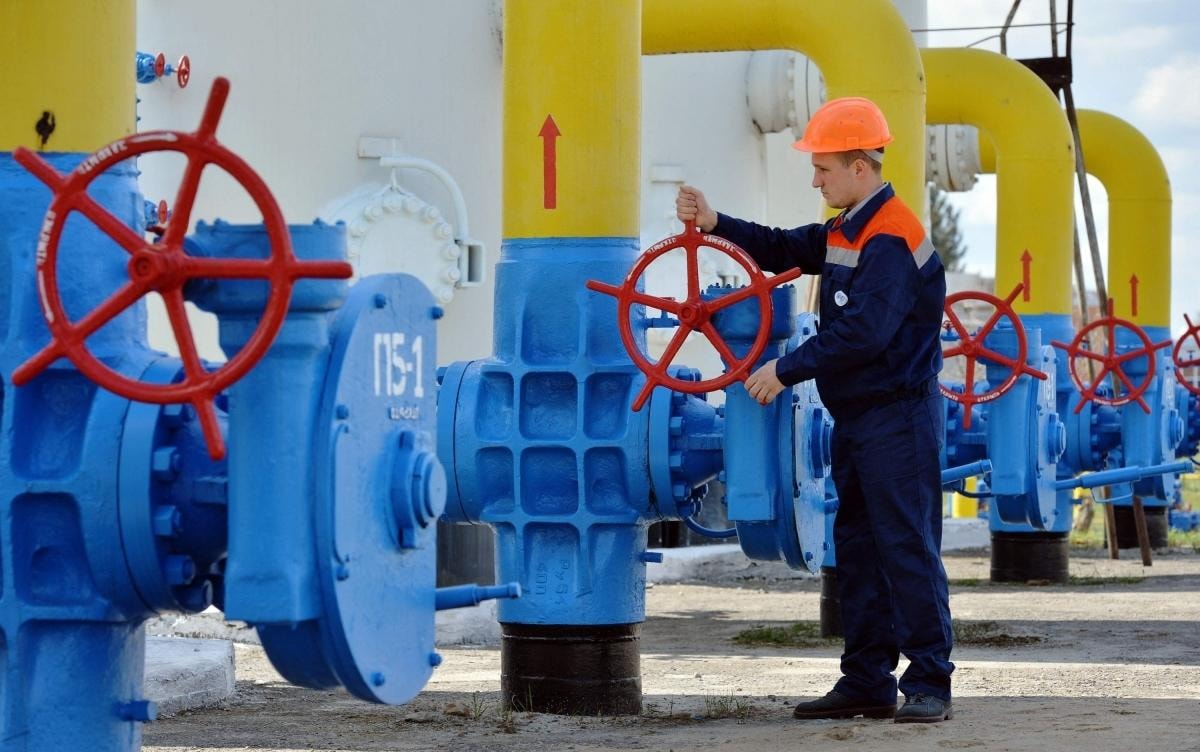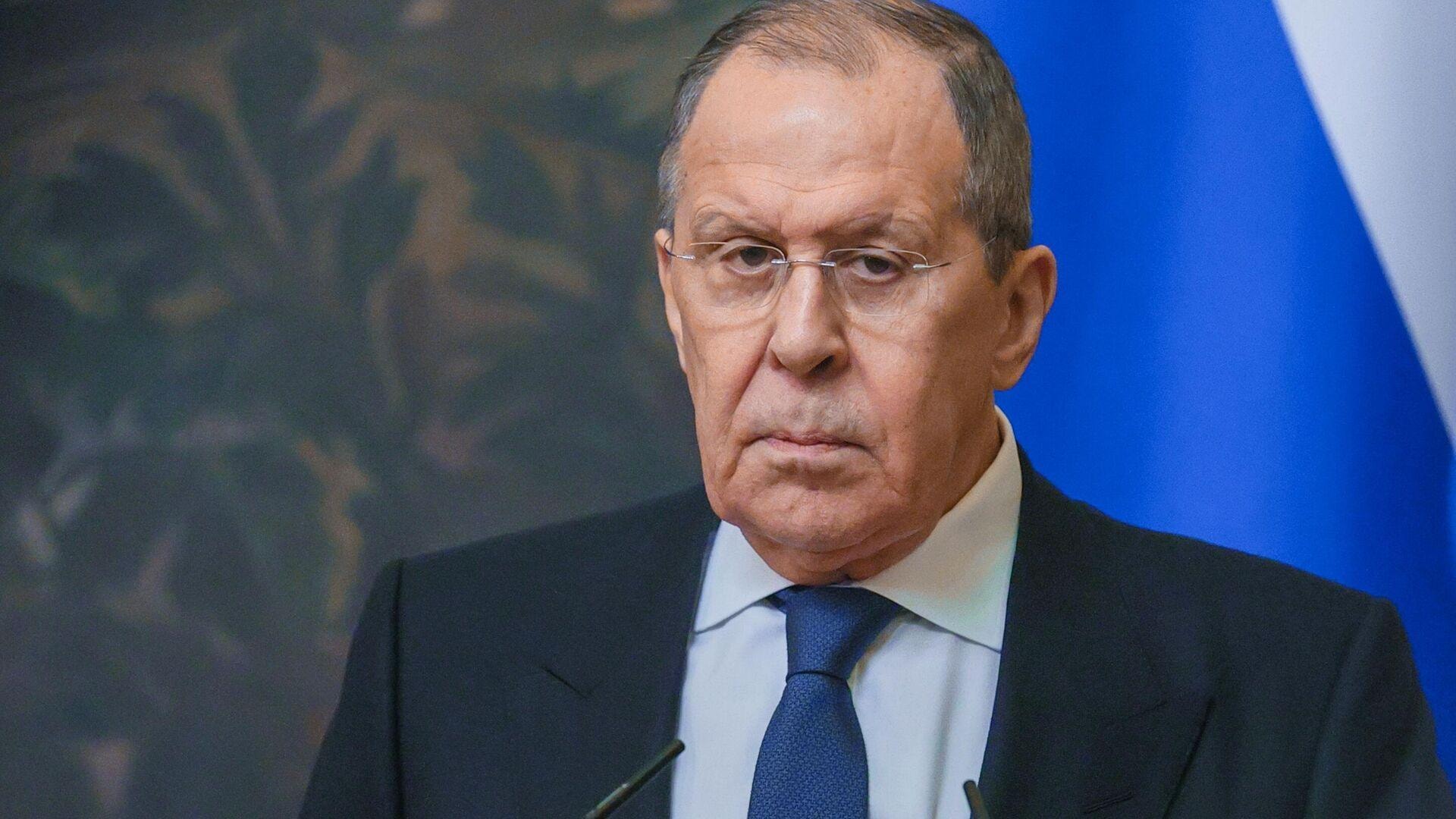EU leaders seek solutions to prevent energy crisis
Meeting on October 20 and 21 in Brussels, Belgium, European Union leaders will seek common solutions to prevent the energy crisis.
But divisions and conflicting interests are overshadowing the European Union's $17 trillion economy and could leave 450 million people facing a harsh winter.
 |
Illustration photo: AFP |
In a letter to the leaders of the 27 member states, European Council President Charles Michel acknowledged that the summit would be difficult. He also called for urgent action to address the energy crisis based on three goals: reducing energy demand, ensuring security of supply and controlling prices.
“The European Council meeting will certainly be difficult and complicated. Because each country will have different sensitive issues and different opinions. Although we do not have the same starting point, in my opinion, the first question to answer is: are we ready to work together to implement measures to reduce energy prices and gasoline prices?”
Since the conflict in Ukraine erupted in late February, the 27-nation bloc has repeatedly slapped economic sanctions on Russia. However, this has also come at a cost to the European Union as Russia has blocked oil and gas pipelines, pushing prices of these essential commodities out of control.
Ahead of the meeting, the European Commission proposed an emergency package of measures to curb rising energy prices and use the bloc's collective purchasing power as leverage in negotiations with global gas suppliers. A "price adjustment mechanism" would also be established as an insurance policy against market fluctuations. According to European Commission President Ursula Von Der Leyen, the European Union would be stronger if it worked together:
“I know that many Europeans are worried. Worried about inflation, about energy bills and about gas supplies as winter approaches. The best response is European solidarity and unity. And in this spirit, the Commission agreed yesterday on a strong legislative framework to tackle the escalating energy crisis.”
But facing a difficult economic future, the European Union is more divided than ever. At an informal meeting of the European Council in early October, leaders failed to agree on a price cap for natural gas to mitigate the impact of the energy crisis. They only supported setting up common gas procurement measures at the end of winter to avoid paying higher prices on the market.
A senior German official flatly rejected the proposal, saying that artificial market interventions could have negative consequences rather than encourage governments and consumers to save energy. The employers' organization BusinessEurope recently warned that the current situation could force thousands of businesses to close because they cannot pay their energy bills.
While politicians are still “racking their brains” for solutions, protests have occurred in some places. In the Czech Republic, tens of thousands of people continue to protest the government’s foreign policy, which they blame for soaring energy bills. In Germany, there have also been some protests calling for governments to be cautious with energy price caps. France has so far avoided major protests by planning to pour billions of euros into lowering energy prices for households and businesses. However, France’s budget is limited and the current crisis is not expected to end before winter 2023./.

Russian Foreign Minister: Sanctions cannot prevent Russia from supplying energy to Africa
22/07/2022


